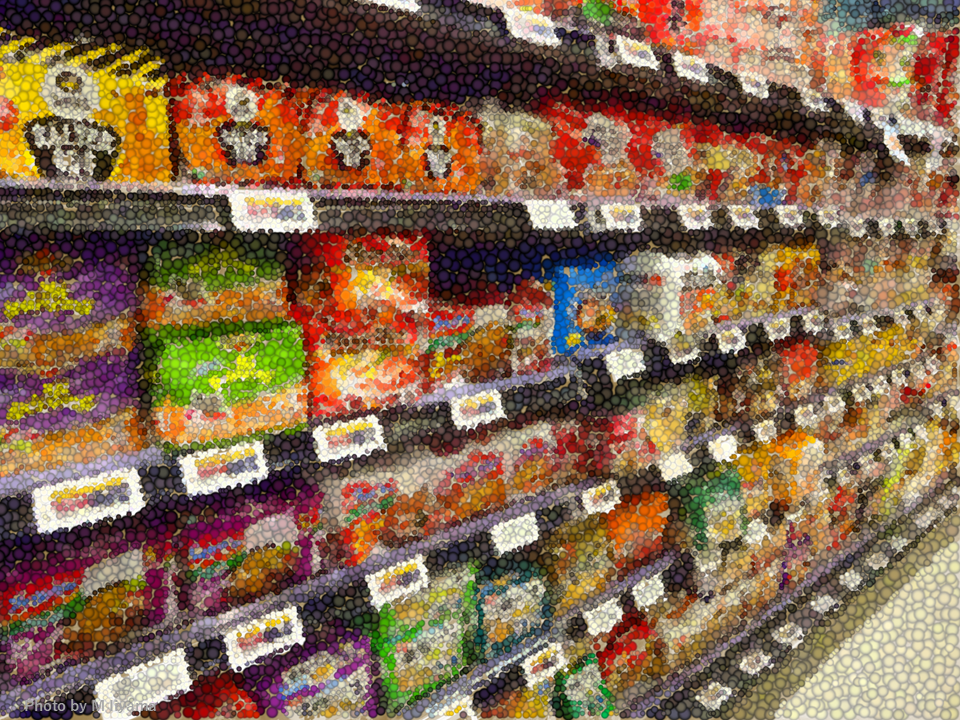Pick Up
1081. Building a Sustainable Food Supply Chain

1081. Building a Sustainable Food Supply Chain
In order to ensure that the world's population is adequately fed, we rely on a highly intertwined food supply chain. This intricate, multi-layered supply chain structure has hindered the adoption of sustainable practices. The World Economic Forum blog discusses the role of research and innovation in achieving sustainability in the food supply chain without compromising food supply and value creation.
Food supply chains are part of modern production and consumption processes, with an estimated worth of $9.12 trillion in size by 2024, growing at an annual rate of 6.7%.
The food supply chain, which is responsible for moving goods from farm to fork, is extremely complex. With a large number of upstream, midstream, and downstream stakeholders involved in the processing of raw materials from supply to final products, global sourcing and outsourcing trends are adding to the complexity of interdependence between companies.
Many companies in the food sector face hurdles in addressing sustainability concepts in order to maintain a competitive advantage in supply chain management. This is because companies must explore how to conduct their business activities under a broad and multi-layered supply network with multiple supply and demand links, loops, myriad stakeholders, and nonlinear dynamics, while keeping an eye on economic, social, and environmental performance indicators.
The blog authors emphasized the importance of building a sustainable food supply chain from the perspective of the Earth system, and proposed multi-layered cooperation and partnership among food supply chain actors, the dissemination of sustainable innovation across the food chain from raw materials to delivery, supply chain mapping, sustainability performance measurement, and capacity building.
Contributor: IIYAMA Miyuki, Information Program
